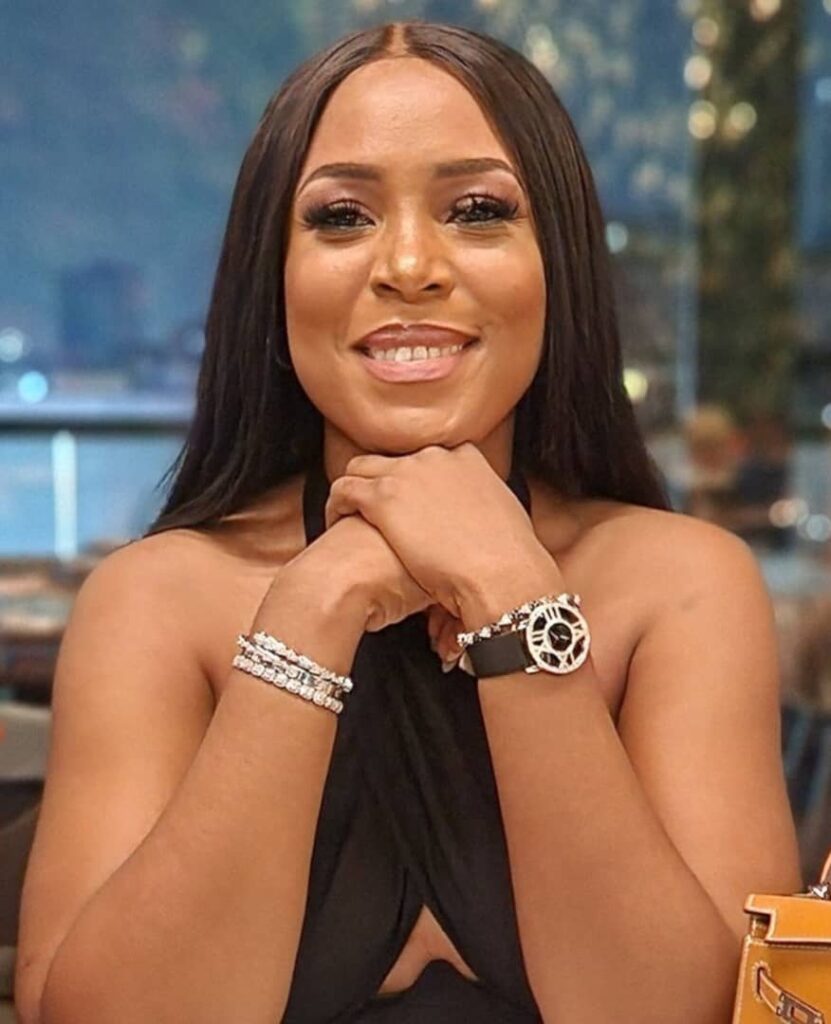Reverse is the kind of film that reminds you why you fell in love with cinema in the first place. It sneaks up on you. Written and Produced by Linda Ikeji and Directed by Bryan Dike, the movie delivers something rare in Nollywood today, a truly unpredictable story with emotional weight and thematic relevance.
While it’s tempting to reveal the full premise, to do so would spoil the very thing that makes Reverse so compelling, its ability to completely shift your expectations. What starts off as a straightforward narrative slowly unravels into something deeper, darker, and much more meaningful.
At its heart, Reverse is a film about consequences. It’s about how the tiniest decisions, moments of kindness or selfishness, can ripple out and shape the course of someone else’s life. Without giving too much away, the story follows a group of seemingly ordinary people whose fates become intertwined in the most unexpected way. The brilliance of the film lies in how it builds a world that feels grounded and believable, only to gradually pull the rug from under you in a way that is both devastating and thought-provoking. The film doesn’t just tell a story, it forces you to reflect on your own choices and the butterfly effects they might have on others.
Bryan Dike’s direction is both subtle and effective. There’s no over-explaining, no melodramatic detours, just clean, confident storytelling. Bryan seems to trust his audience to stay with him, to pick up on the cues and read between the lines. And that trust pays off. He balances the pacing beautifully, slowly tightening the tension until the final act hits with full emotional force. One of the film’s biggest strengths is its restraint. It doesn’t try too hard to impress; it simply lets the story do the work. The result is a film that feels honest and mature, a rarity in a space that often leans heavily on formula.
The performances are another standout. Hilda Dokubo delivers a deeply grounded performance that anchors the film emotionally. There’s a quiet intensity to her character that speaks volumes even when she says very little. Susan Pwajok is particularly impressive, showing a range that moves from vulnerable to fierce without missing a beat. Ruby Okezie and Yvonne Jegede bring nuance and sincerity to their roles, making their characters both relatable and unpredictable. Chikamna RC and Antar Laniyan offer solid, convincing performances that flesh out the ensemble, each actor adding weight to the film’s emotional arc. What makes the acting in Reverse so effective is that it never feels performative, it feels lived-in.
The cinematography deserves its own praise. Visually, Reverse is polished yet unpretentious. The camera work isn’t flashy, but it’s intentional. Each shot feels carefully composed to reflect the mood of the scene. There’s an emotional rhythm to how the scenes are framed, tight close-ups when characters are at emotional crossroads, wider angles when the story demands breathing room. The lighting choices help evoke tension and melancholy without veering into visual cliché. It’s the kind of cinematography that supports the story rather than distracts from it.
But what truly elevates Reverse is its writing. The screenplay is sharp, with dialogue that feels natural and situations that feel painfully real. It’s clear the script was designed with care, ensuring that every scene serves a purpose. There are no filler moments here, every interaction, every glance, builds toward a climax that is both shocking and inevitable in retrospect. When the twist arrives, it doesn’t feel like a gimmick. It feels like the culmination of everything the film has been quietly setting up.
Reverse is one of those rare Nollywood films that manages to be both entertaining and meaningful. It has something to say, and it says it without preaching. It respects the intelligence of its audience, and in return, it earns their trust. With its rich storytelling, stellar performances, and thoughtful direction, it easily ranks as one of the best Nigerian films of the year, and possibly in recent memory.
If you watch one Nollywood film this season, make it Reverse. Not just because it’s good, but because it’s necessary. Because once you see it, you’ll find yourself thinking about it for days. And if you’re anything like me, you’ll walk away with a little more awareness, and a deeper understanding of just how powerful a single act of kindness, or its absence, can be.
